Vegetables are one of the most popular edible plants to grow. Many vegetables are easy to grow from seed as well, meaning they’re also easy for beginners. This includes lettuce, radish, peas, carrots, kale, spinach, and more. You can also grow them indoors, in pots, in a greenhouse, or using techniques like hydroponics or aeroponics. The best part is getting to enjoy the results of your hard work, enjoying your vegetables raw, chopped, sliced, or added to a dish.
-
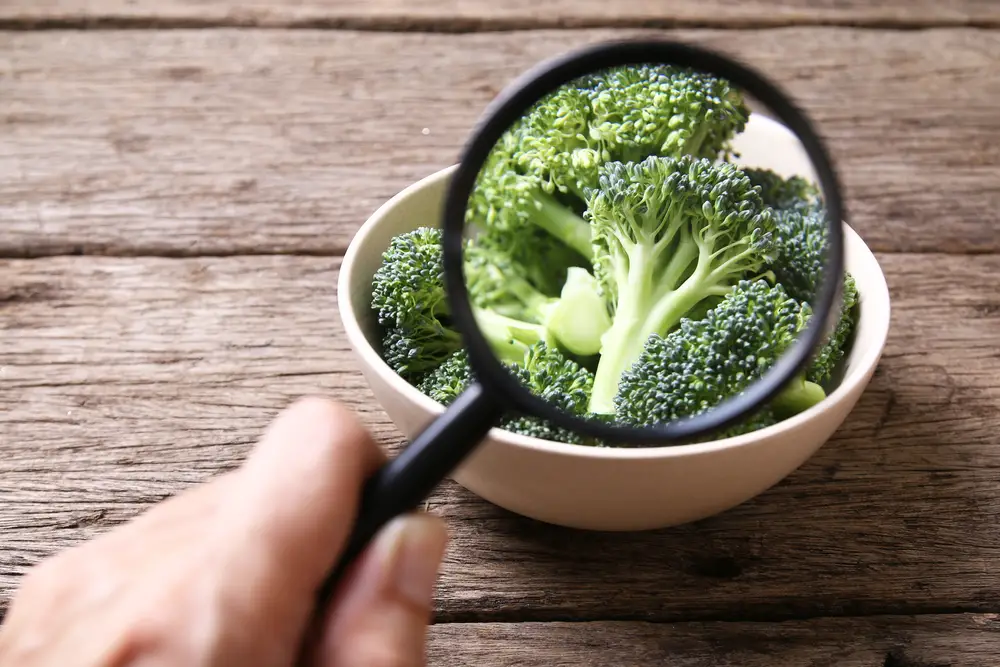
Is Broccoli Man-Made? Unveiling the Truth About This Popular Vegetable
Discover the fascinating origins of broccoli. Delve into the history of this popular vegetable, its genetic evolution, and the role of human cultivation in its creation.
-
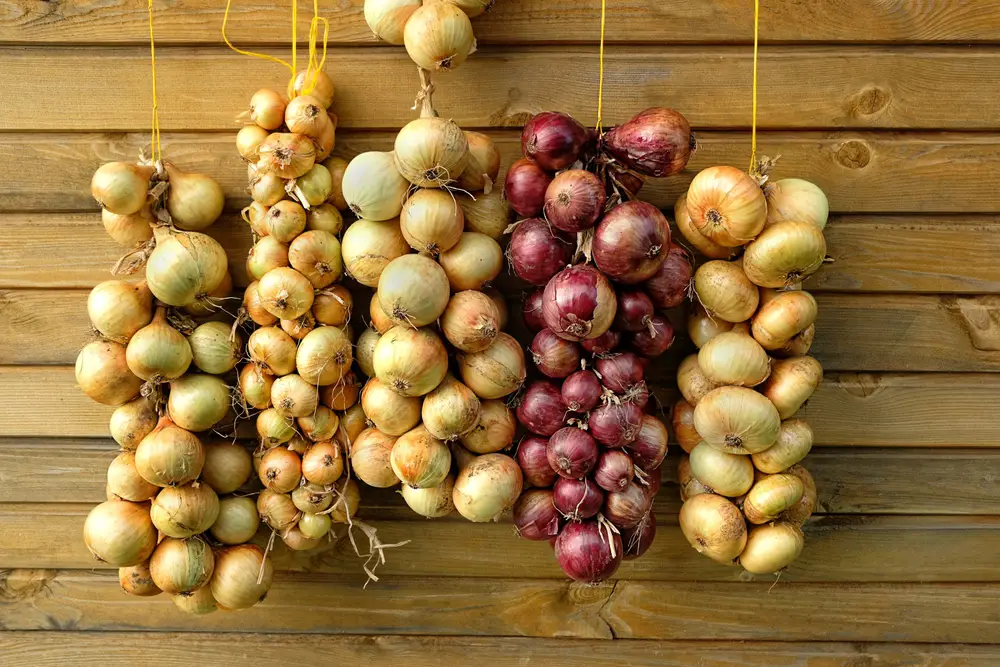
Is An Onion A Fruit Or Vegetable?
Sometimes people wonder if onions are a fruit because planting them produces more onions. But fruits contain seeds and onions don’t, so they are vegetables.
-
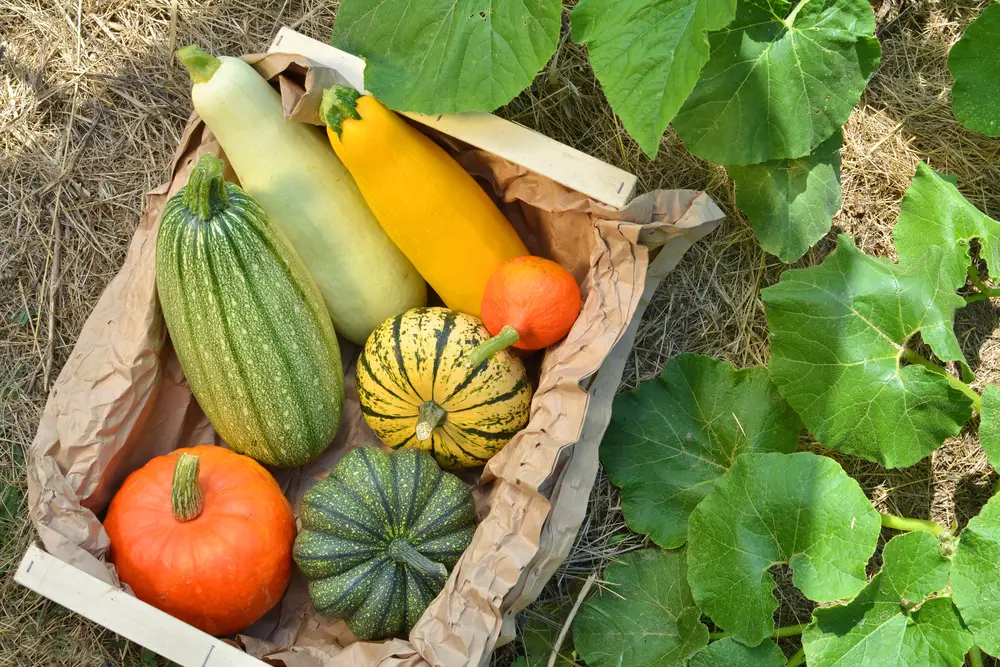
Identifying Squash Plants By Leaves
Did you know that you can identify squash plants by their leaves? Their size, shape, color, and texture can give clues to what type of squash they are. Learn how to identify squash plants by leaves with our easy squash plant leaf identification guide!
-
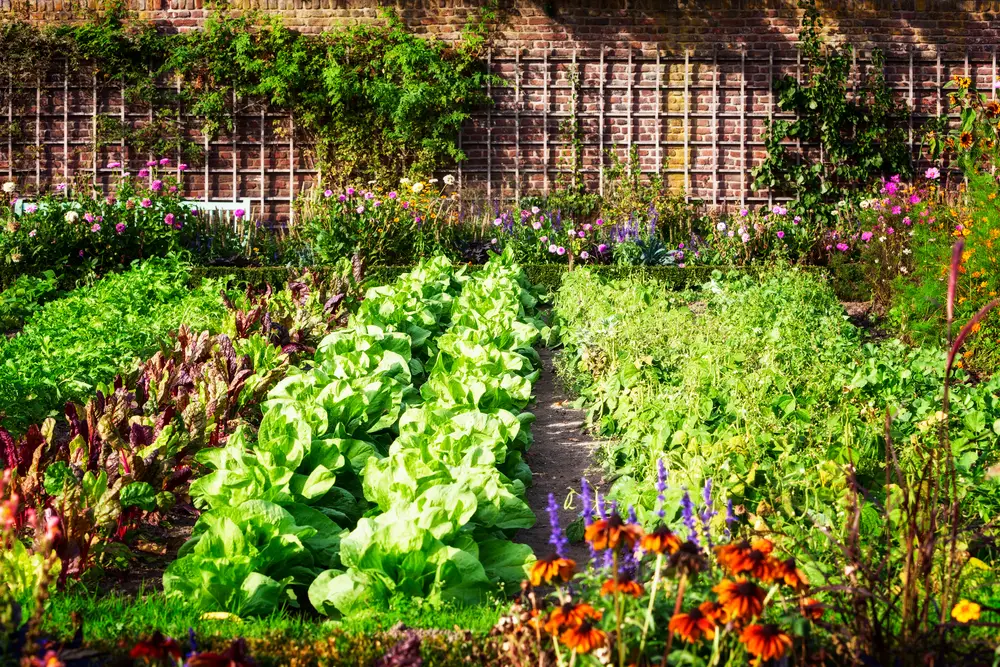
How To Design The Perfect Vegetable Garden Layout
Designing a vegetable garden layout isn’t complicated or difficult. Taking the time to plan what you want to grow and then draw a design on paper will mean better success, and it can save you from overspending on plants you won’t have room for.
-
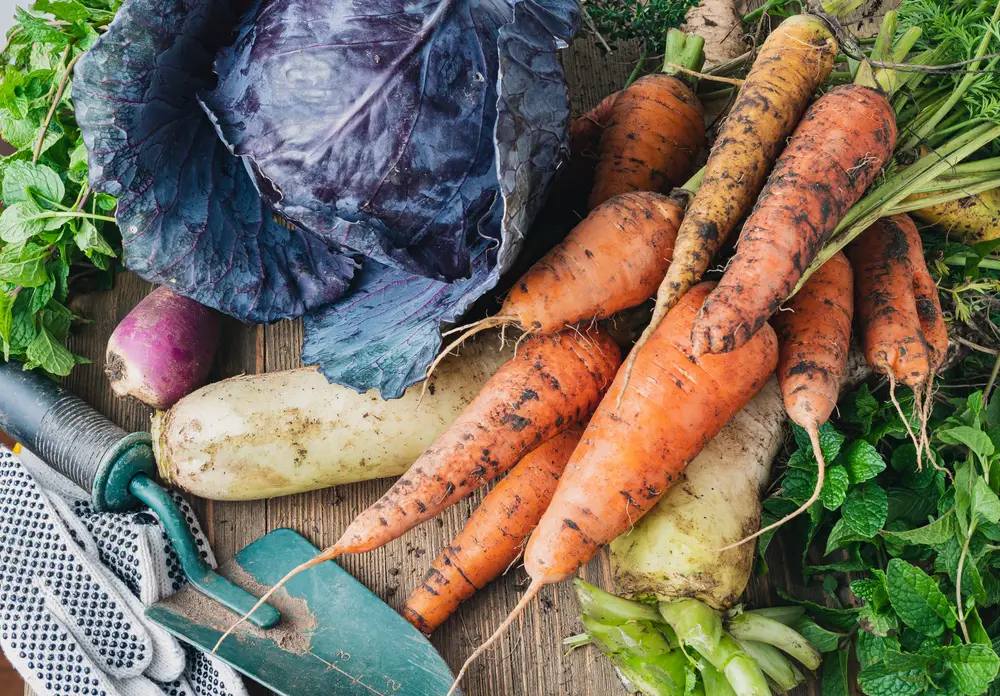
10 Best Vegetables To Grow In The Winter
Growing vegetables in the winter can be difficult, but it gets easier when you know the best ones.
-
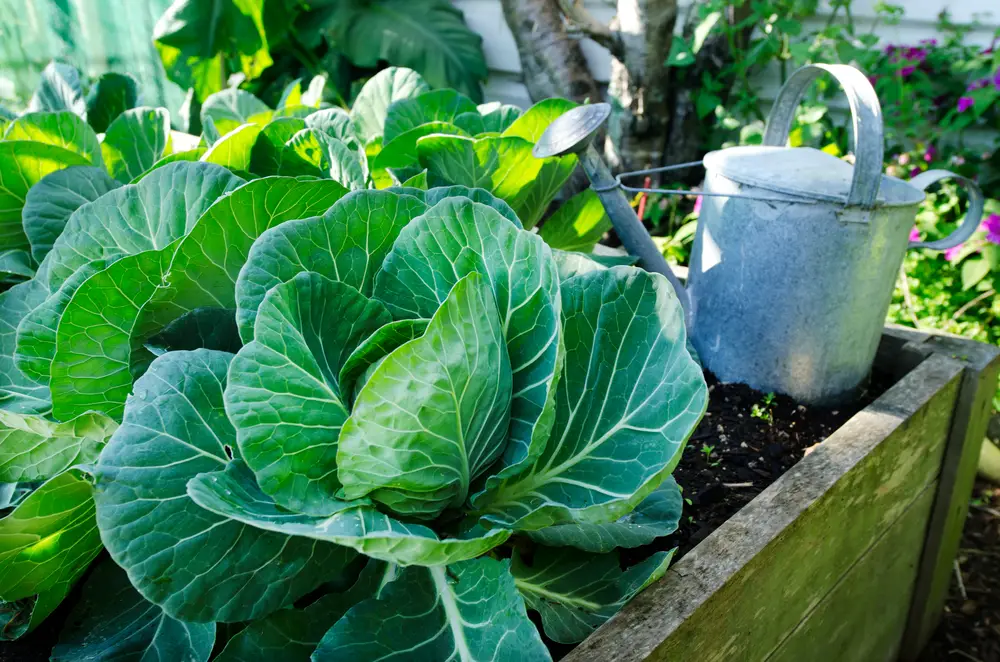
How To Maintain Your Vegetable Garden Throughout Every Season
Maintaining your vegetable garden requires different steps for each season. But each step is essential to the health and growth of your vegetable garden.
-
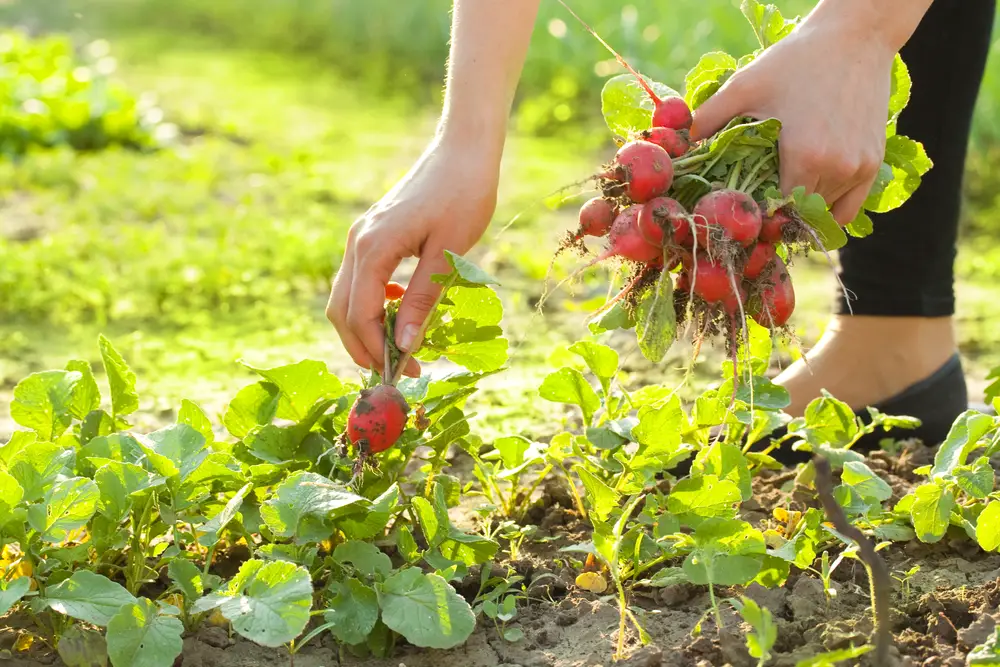
Is Vegetable Gardening Good For Beginners?
When it comes to whether or not vegetable gardening are good for beginners, it comes down to the work you’re willing to put in, and what sorts of rewards you’re looking for from that work.
-
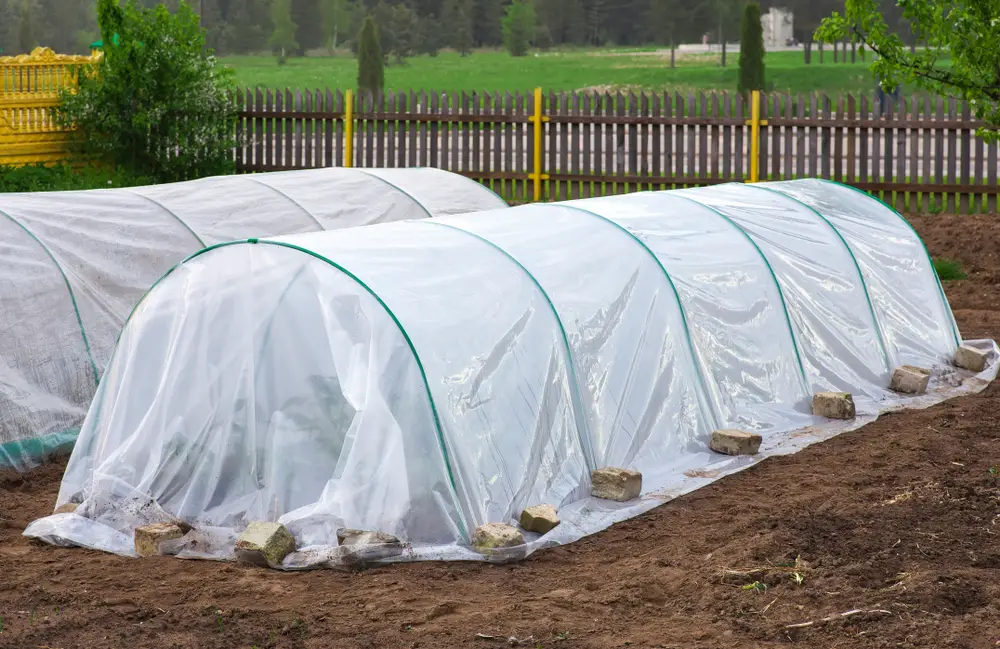
How To Protect Your Vegetable Garden From Frost
Let’s dive into what you can do to protect your vegetable garden from frost. The good news is these are the best tips and quickest methods gardeners commonly use, so you’ll be able to implement them quickly, too.
-
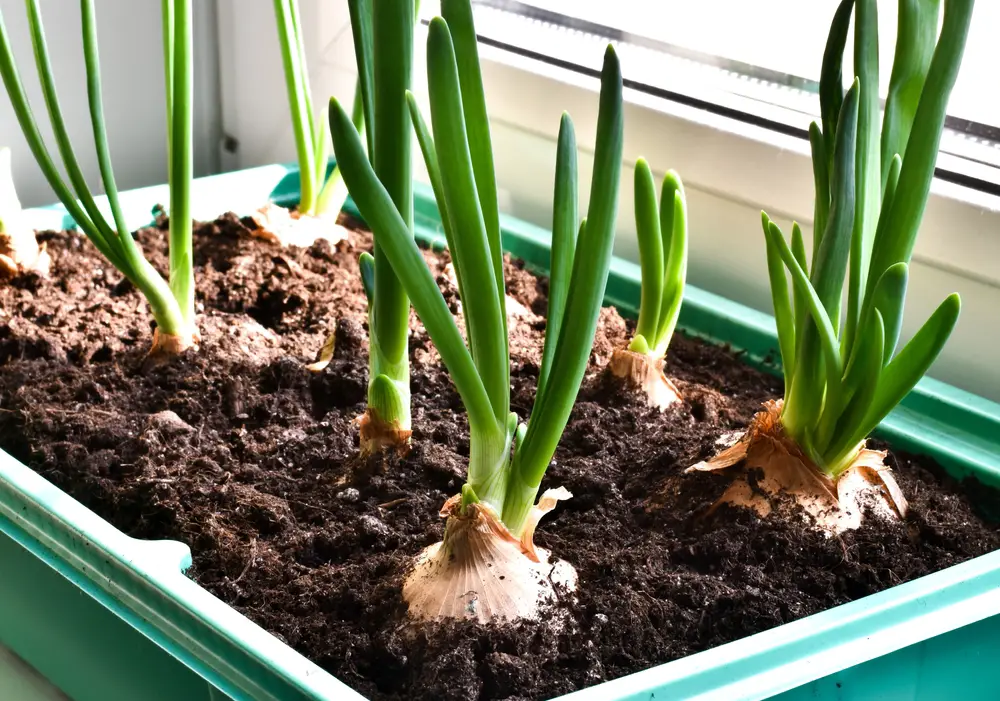
How To Start An Indoor Vegetable Garden: The Complete Guide
Thankfully, growing a few small vegetables in your home or other living space is not difficult. However, you do have some important things to think about before starting. But with some careful planning, the process will be easy and successful.
-
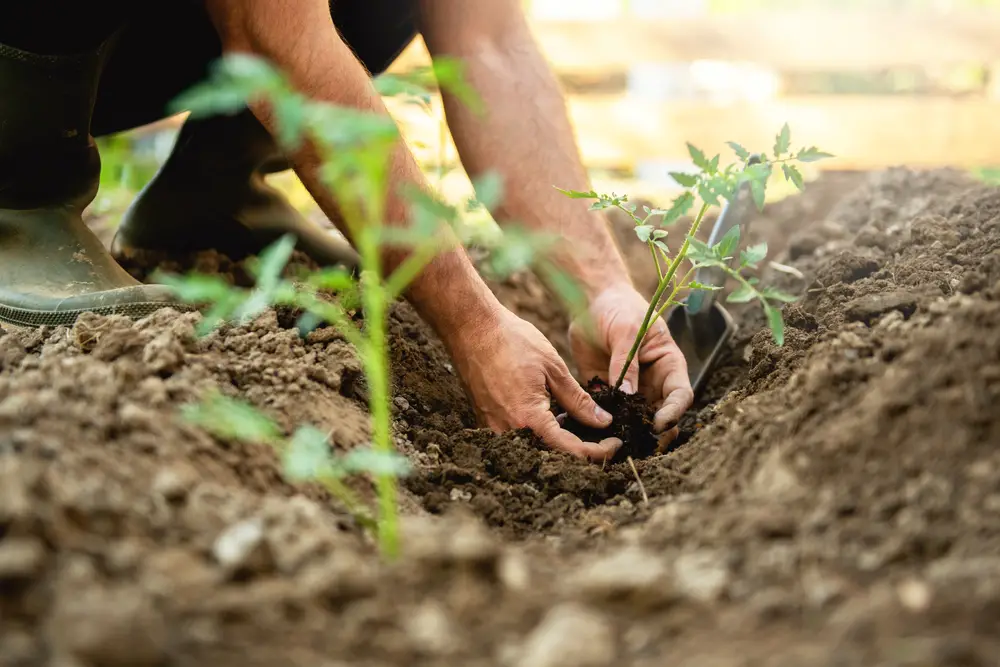
How To Start Your Vegetable Garden: The Complete Guide
Growing vegetables isn’t all that difficult, either. Yes, there are “ideal” conditions for reaping the highest yields, but most vegetables are pretty forgiving. Even if everything isn’t perfect, your plants will likely produce something. That said, here are the steps to start your own vegetable garden.
-
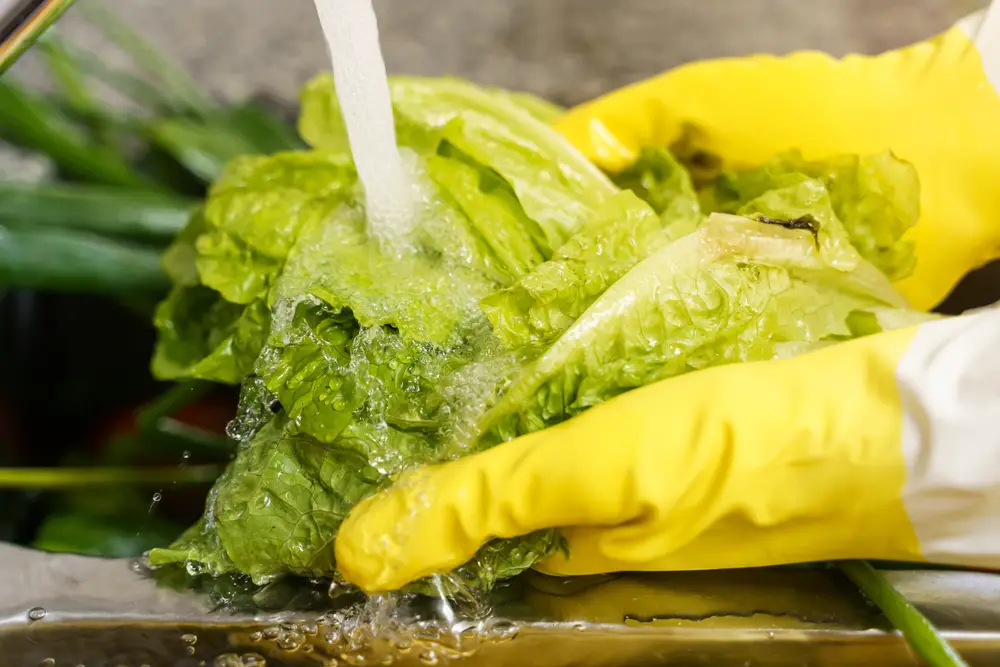
How To Clean Your Garden Vegetables So They’re Safe To Eat
If you’re like me, you work hard to build your soil organically, stay mindful of the water you use, and avoid using synthetic fertilizers or pesticides. But does this mean you can get away with not cleaning your vegetables? Specifically, does this mean you can get away with not washing them? I wish it did.
-
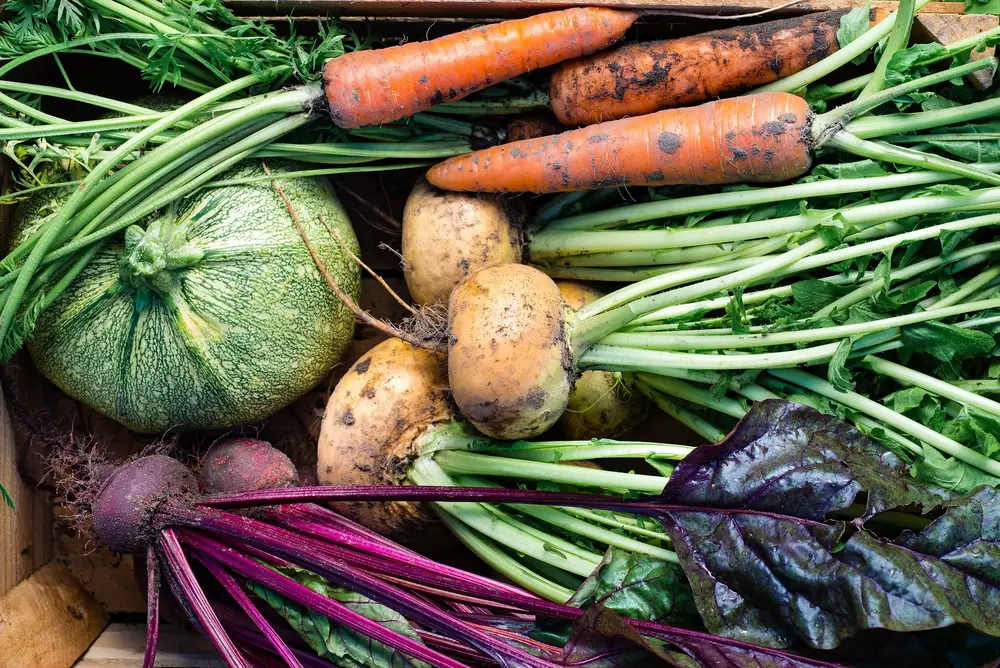
20 Best Vegetables For Your Garden
Every vegetable garden I’ve planted starts as a blank slate. That blank slate can be exciting! It represents the freedom to grow what you want. But freedom can also be overwhelming as you struggle with all the directions you can go.
-
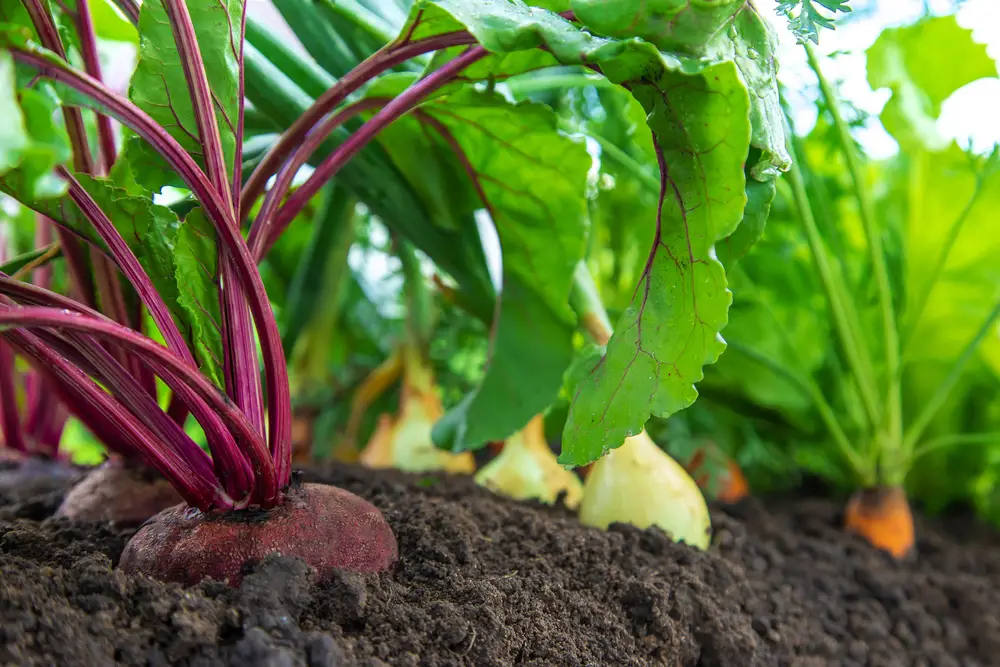
How To Plant And Grow Vegetables The Right Way
Whether it is your first or twentieth time planting a vegetable garden, following a few key steps will guide the process and bring your vision to life. Here’s what to do, starting with deciding what to grow!
-
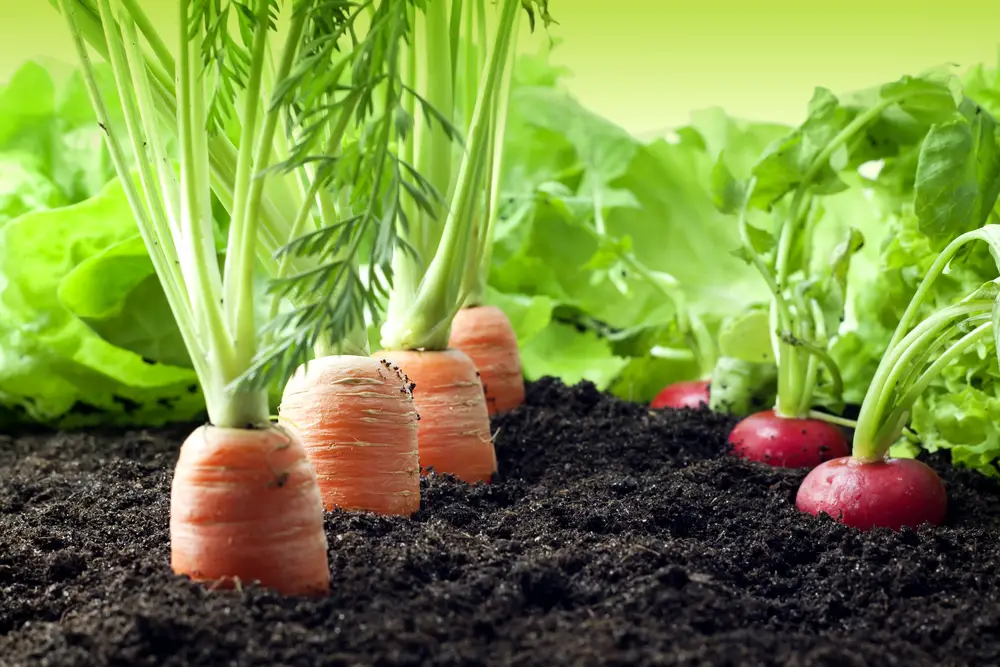
The Essential Pros And Cons Of Vegetable Gardening
New gardeners can find themselves shocked at the amount of work required to succeed. So, we’ve provided you with all the essential pros and cons of vegetable gardening below, which we hope will help you decide if you want to do it.
-
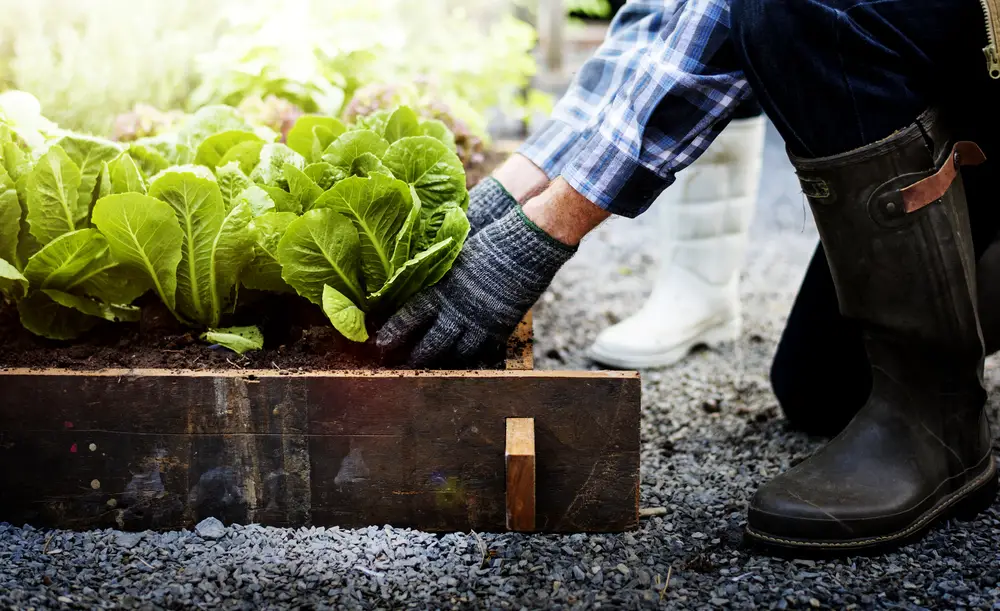
Are Vegetable Gardens Worth It?
Growing a vegetable garden yields innumerable benefits, and you’ll also end up with tasty vegetables. Determining the relative value of a food garden depends on what you are measuring, though. If your cost/benefit analysis is financially focused or strictly time-oriented, you may be better served buying your produce, but research shows there are significant reasons to consider growing that garden anyway.
-
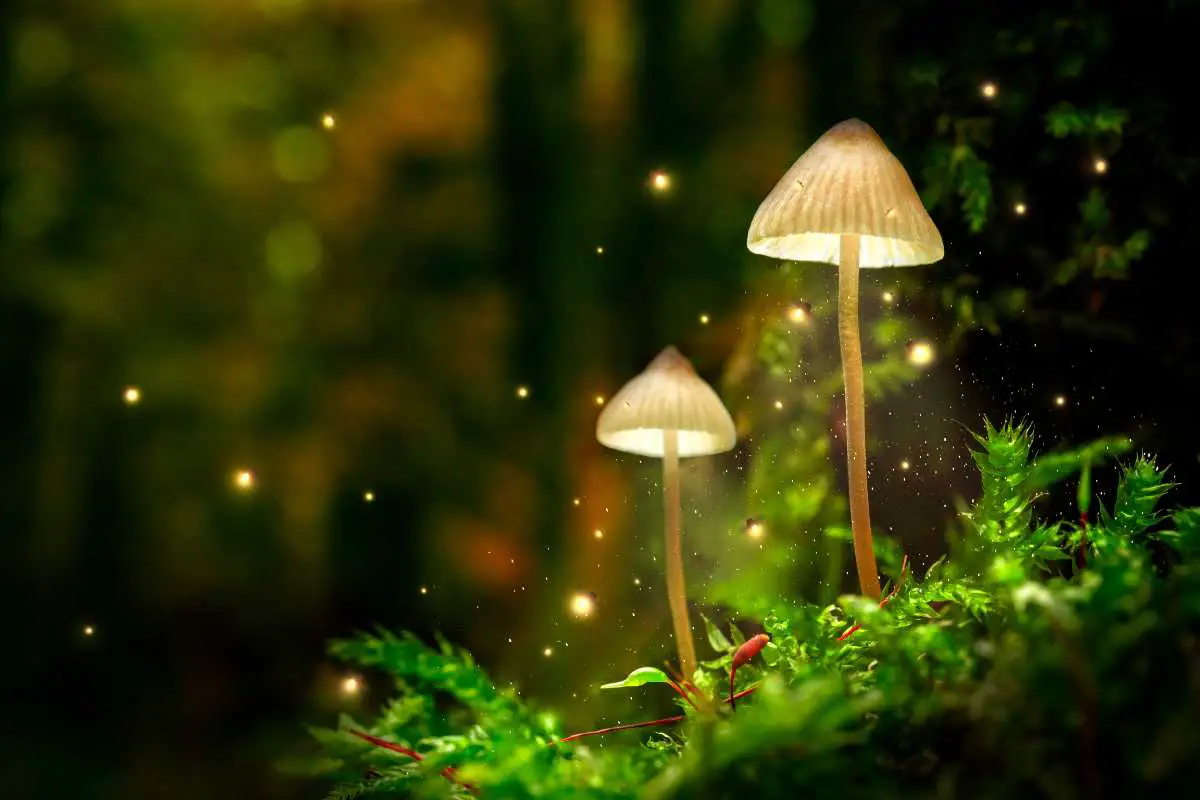
9 Mushrooms Found in Your Garden That Look Like Flowers
Discover the fascinating world of mushroom flowers in your garden. Learn how to identify and safely handle these unique fungi in this informative post.
-
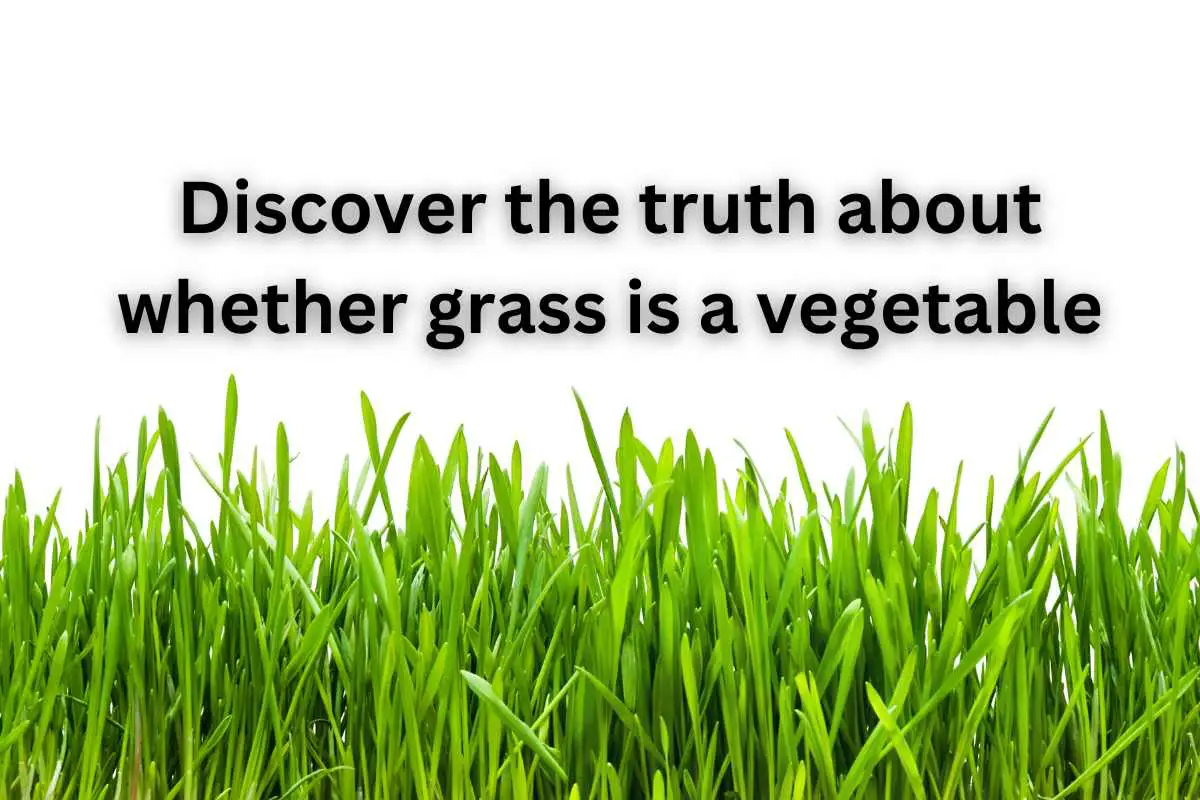
Is Grass a Vegetable? Common Misconception
Discover the truth about whether grass is a vegetable Read on to learn more and put an end to the confusion
-
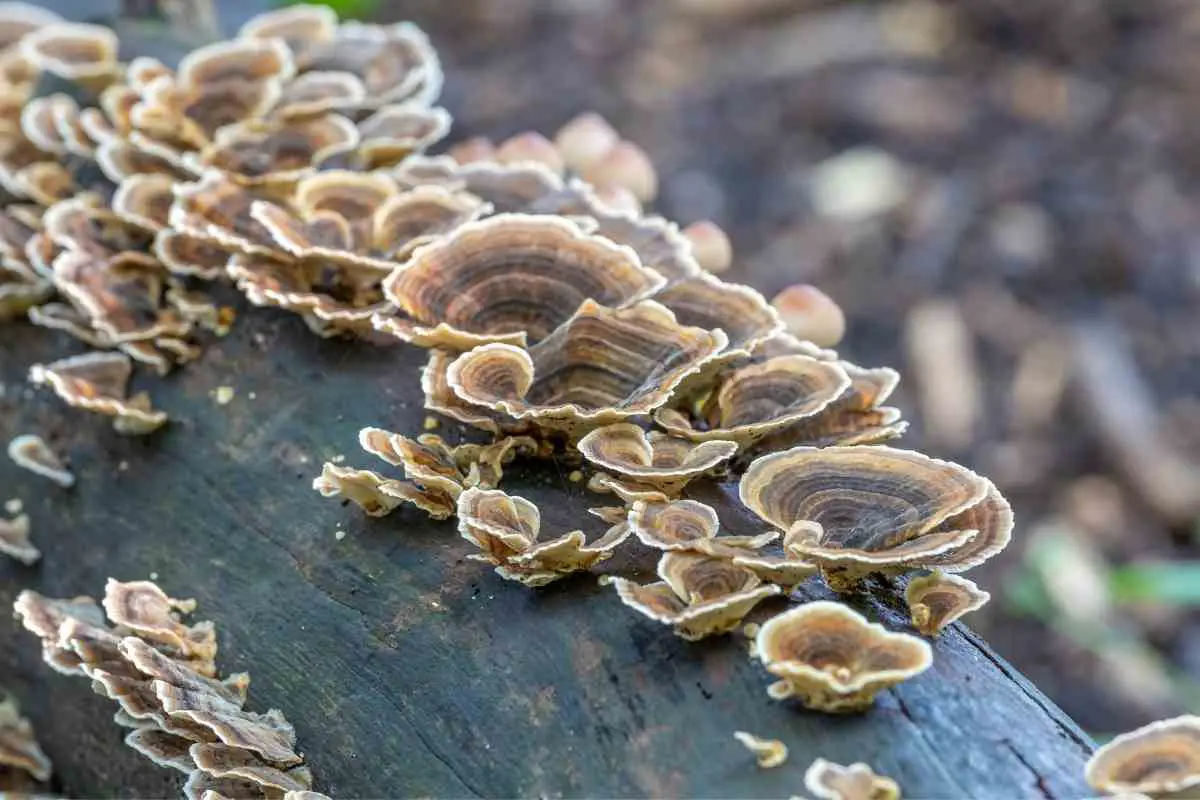
7 Weirdest Mushrooms In The World
What’s great about weird mushrooms is their descriptive names! There’s turkey tail, wood ear, lobster, lion’s mane, devil’s fingers, veiled lady, and bleeding tooth. You can get a great image in your head from the names alone!
-
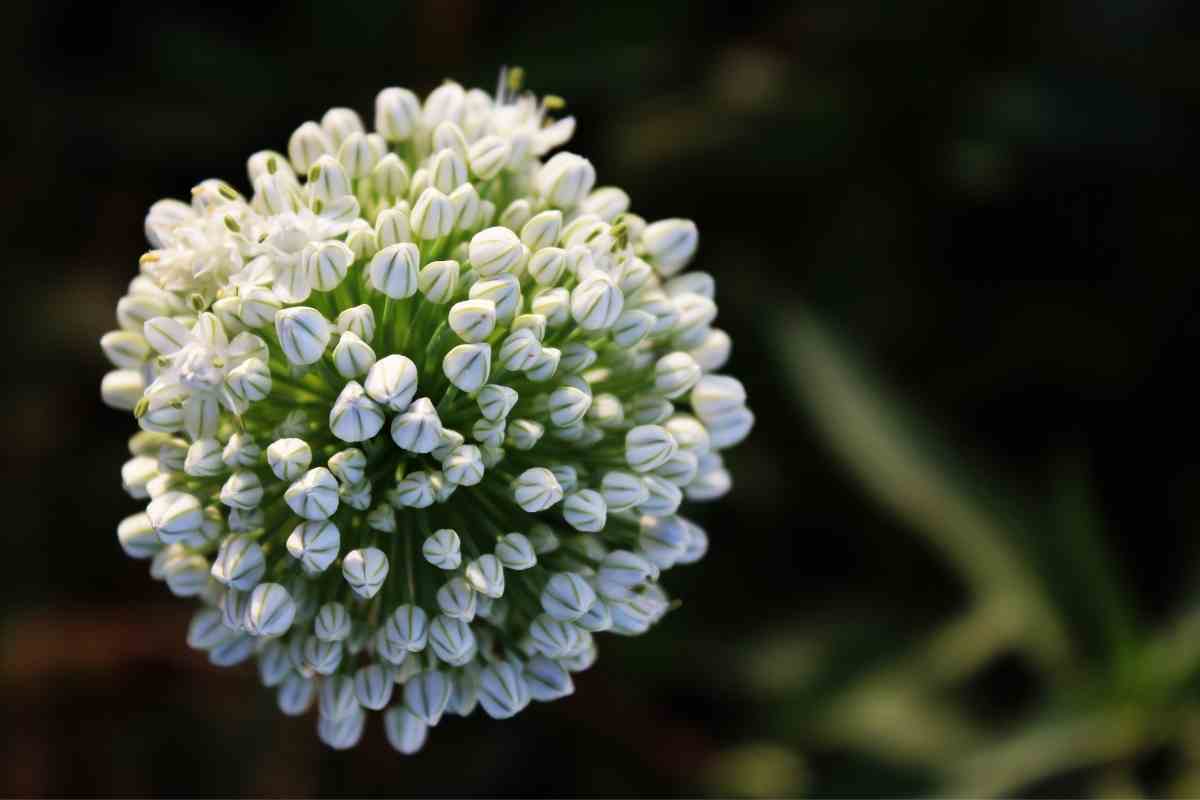
Why Do Some Onions Have Flowers And Some Don’t?
Flowering in onions is expected in the ones that grow from sets. Transplants and onions that grow from seeds are unlikely to flower if grown under ideal climate conditions.
-
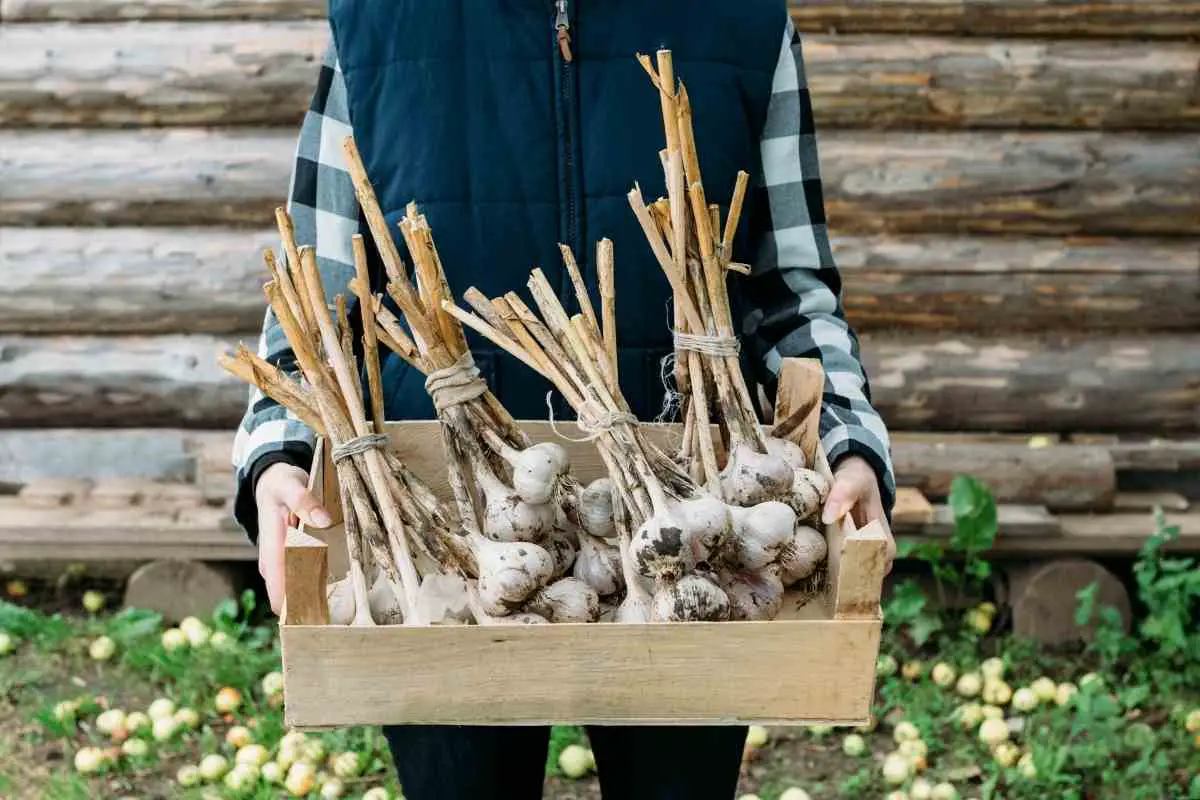
How And When To Harvest Garlic
Garlic is an underground clove that can only be seen after harvest. Therefore, timing is everything. Read on to discover and learn how and when to harvest garlic.
-
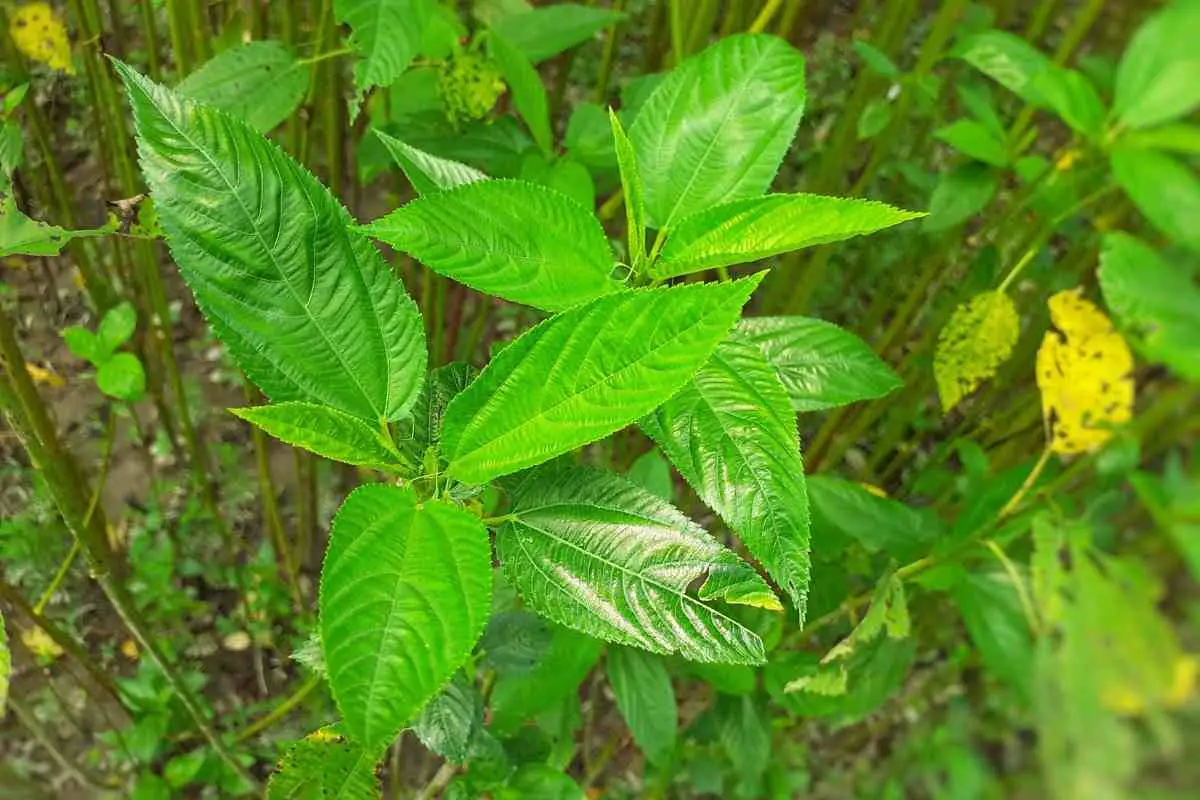
Growers Guide For Jute Leaves
In this guide on how to grow jute, you’ll learn why this is a beneficial plant and just what you’ll need to do to help it thrive.
-
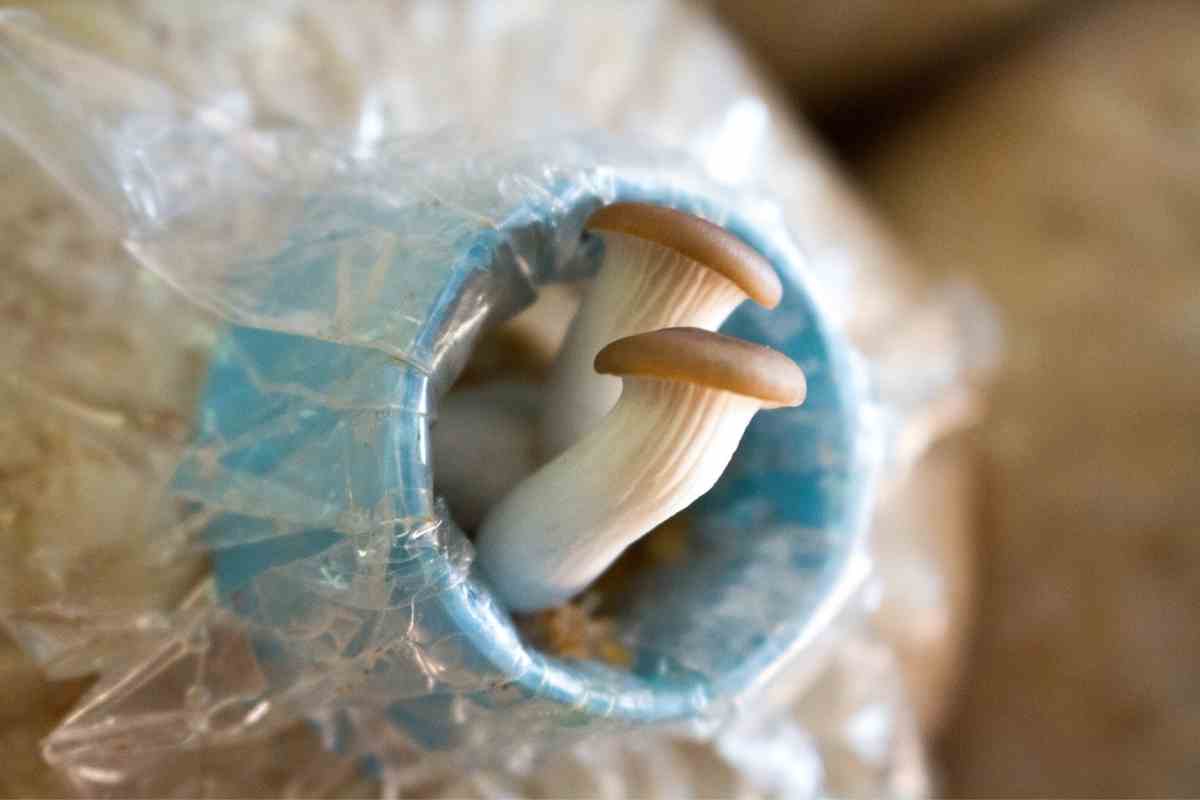
7 Tips For Growing Mushrooms Indoors For The First Time
Different mushroom species require different conditions for optimum growth. However, with the right growing conditions and proper harvesting, you can have a steady supply of mushrooms for months.
-
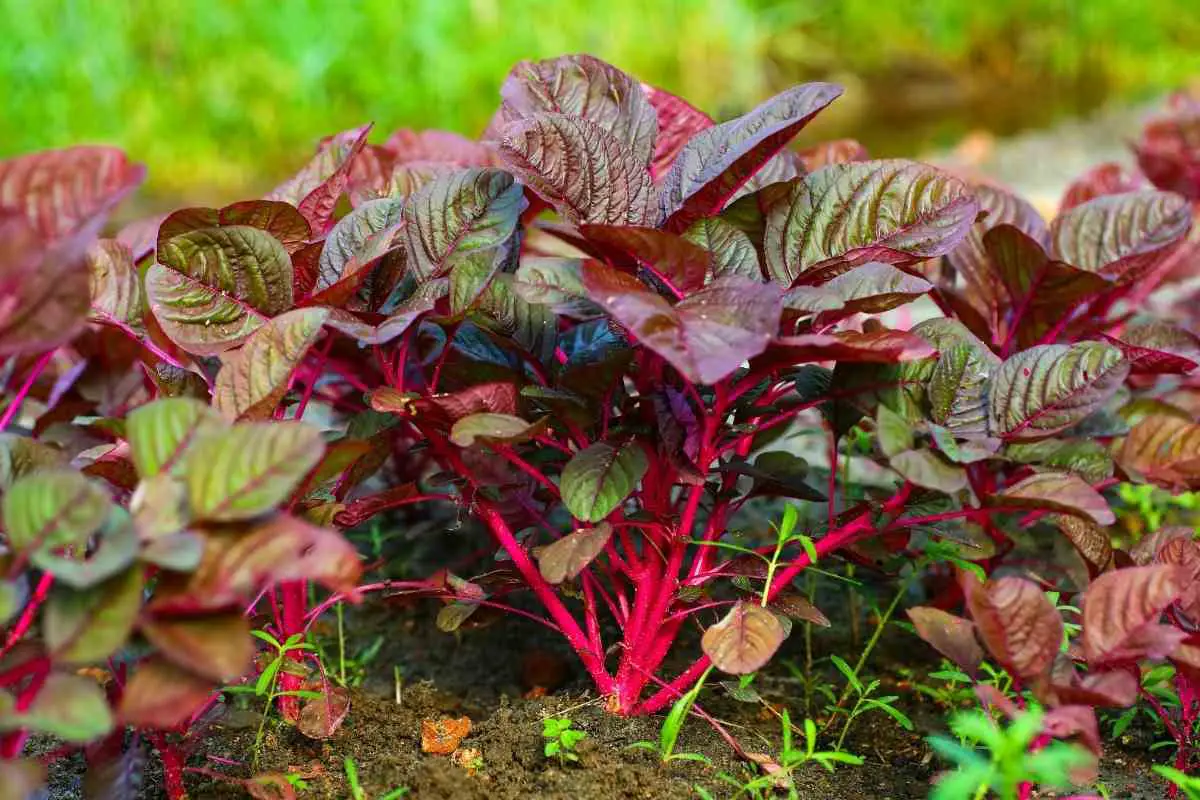
Growers Guide For Red Spinach
In this guide, we’ll give you all the information you need to know to grow red spinach and enjoy the tasty nutritional benefits it has to offer.
-
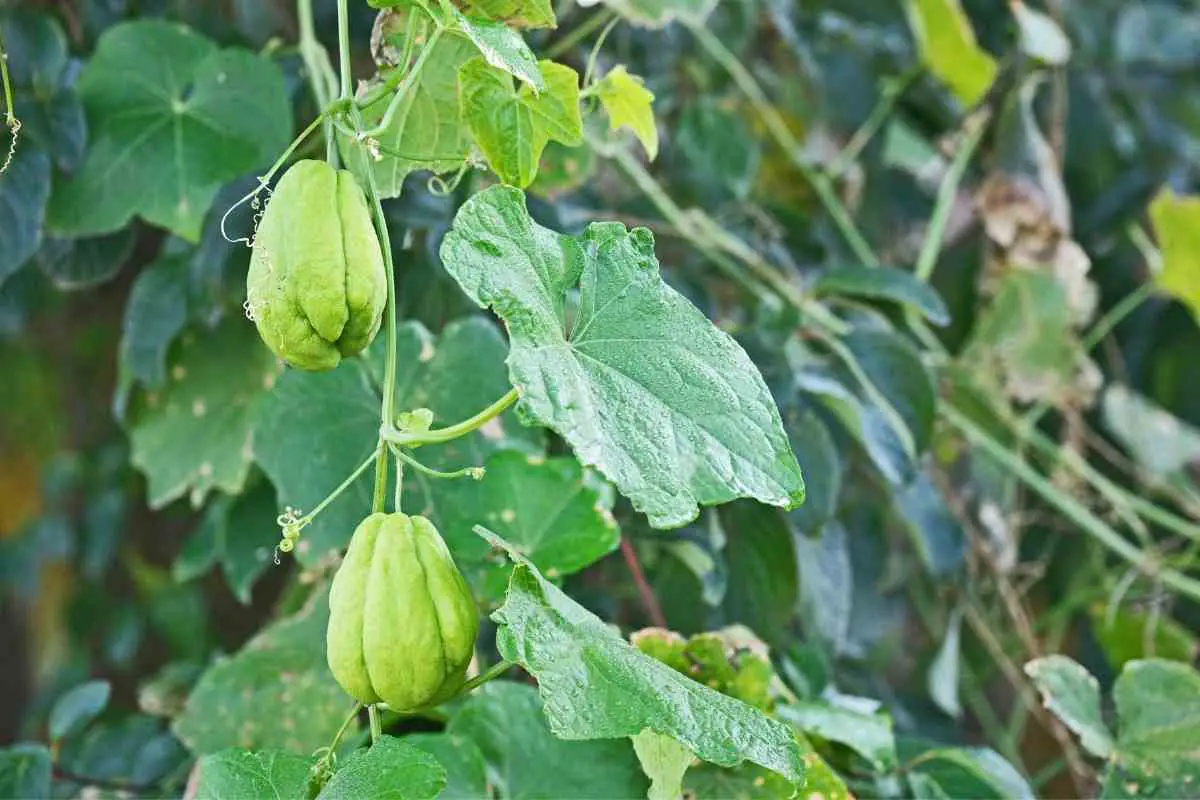
Growers Guide For Chayote
If you’re keen to grow an edible plant that’s a little out of the ordinary then chayote might be the right choice for your garden. There are a few intricacies that you’ll need to think about when growing chayote but this guide tells you everything you need to know.
-
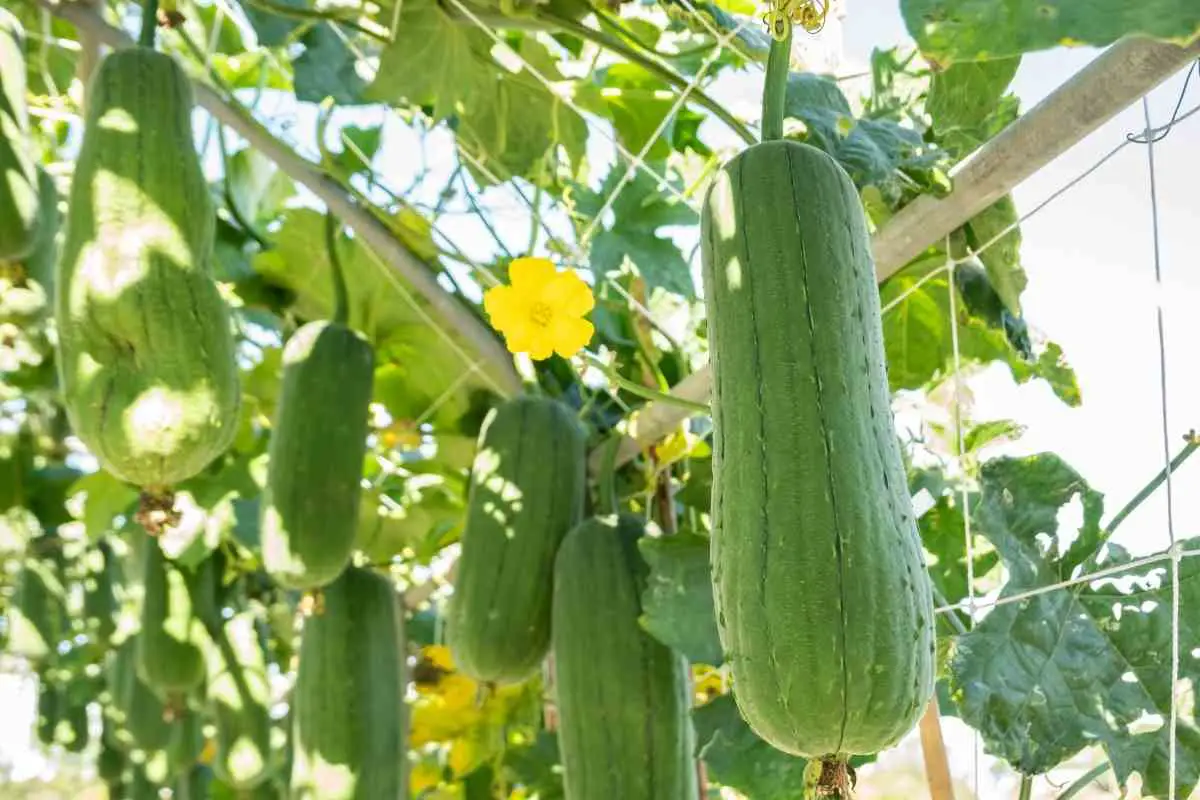
Growers Guide for Patola
In this grower’s guide, we will take a look at how to grow Patola as a food or for its body sponges. If you get some productive Patola plants going, we also share some delicious Asian recipes that you can enjoy.
-
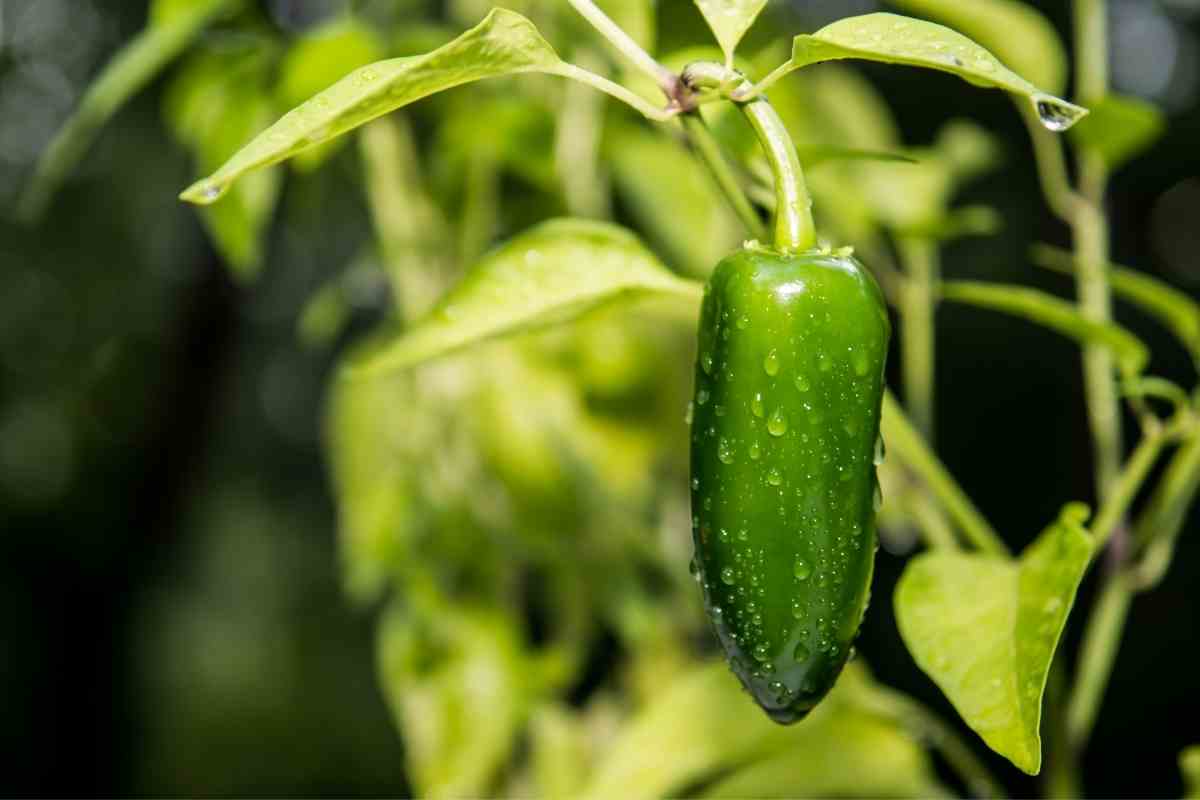
Grower’s Guide for Jalapeños In a Pot
If you’d like to give growing Jalapeños a go, this comprehensive growing guide shares everything you need to know to enjoy some prolifically cropping Jalapeños in a pot or container this summer.
-
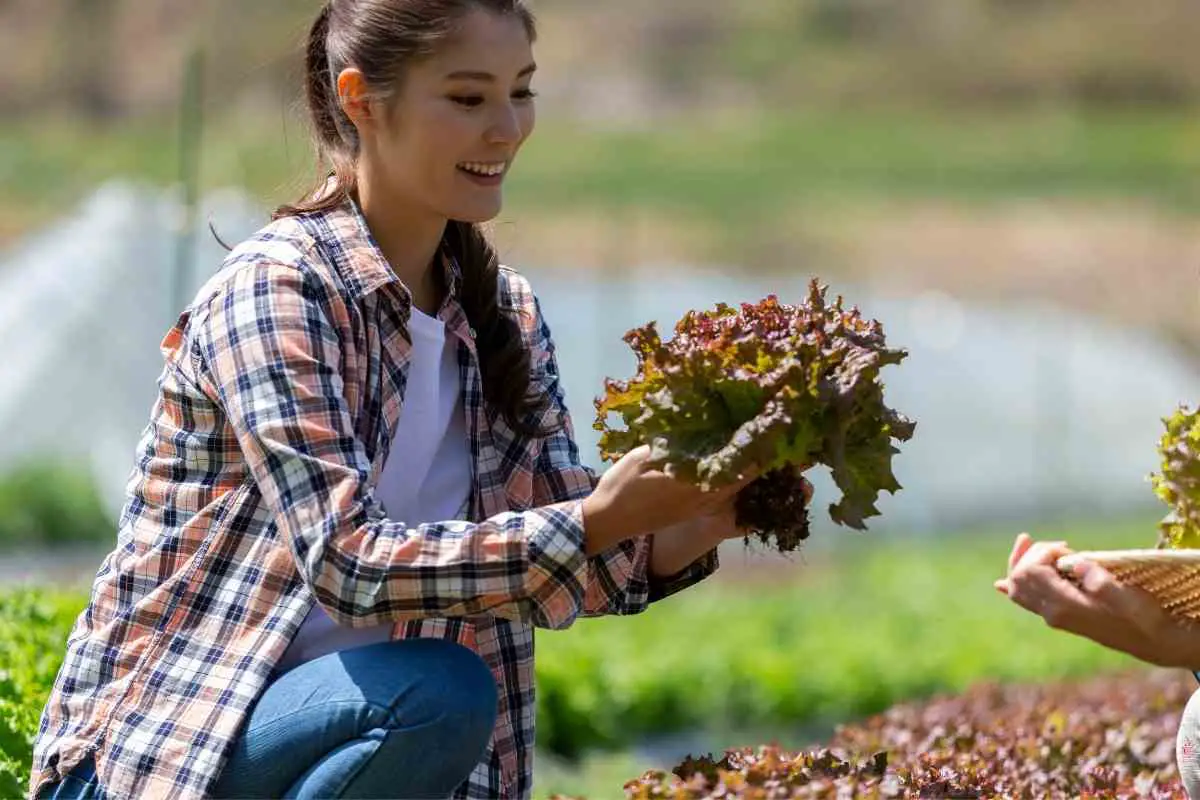
Growers Guide for Lettuce in Texas
If you want to have a go at growing lettuce in Texas, read our grower’s guide for lettuce in Texas, which includes all the essentials for keeping your fridge filled with home-grown lettuce.
-
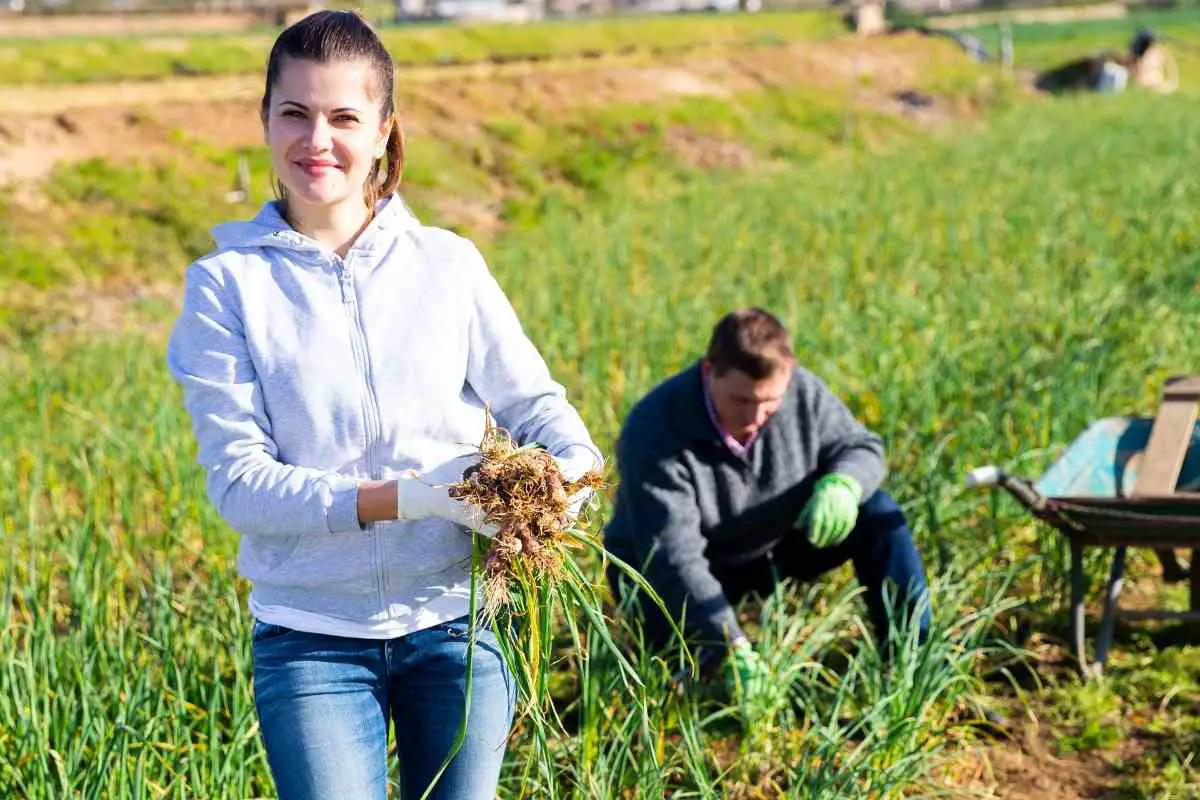
Growers Guide for Green Garlic
Garlic greens are probably one of the easiest plants to grow and cost you no more than a bulb of garlic. So read our comprehensive growers guide that covers everything you need to know.
-
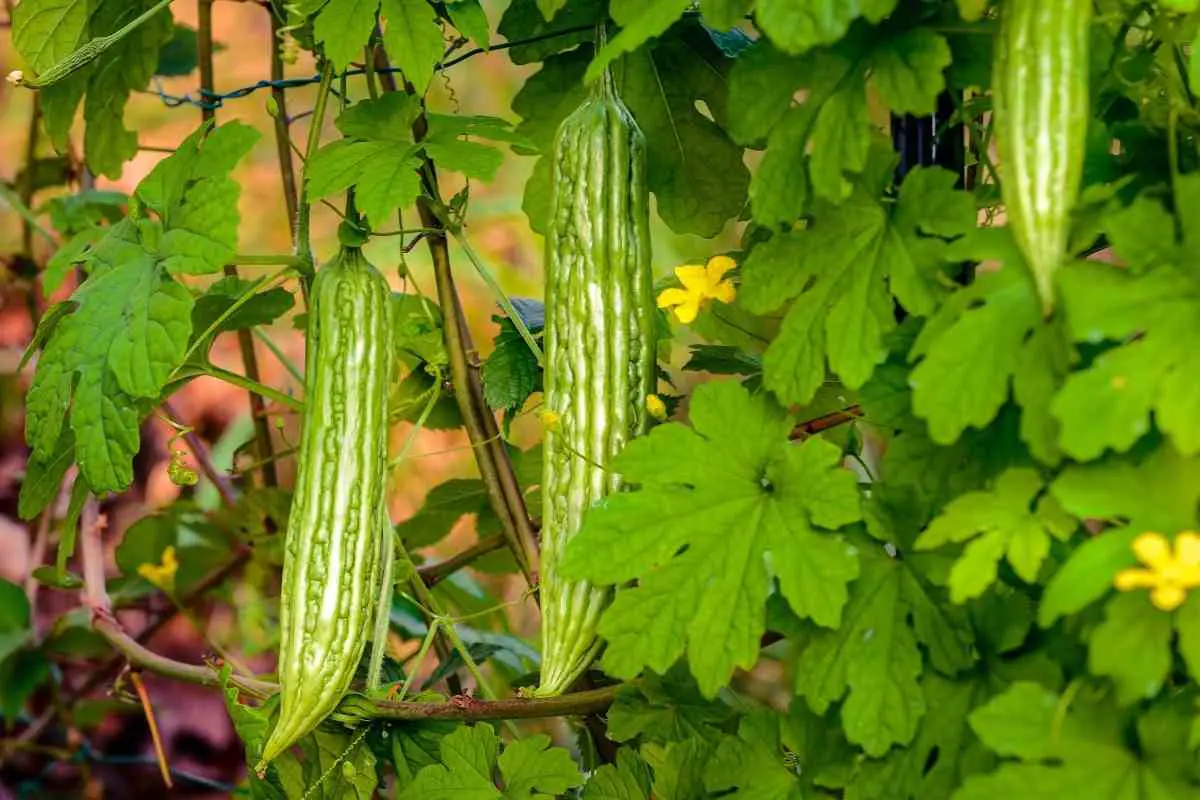
Growers Guide for Ampalaya
If you would like to experience the curious, bitter tang of this knobbly green or yellow gourd, you can try cultivating it for yourself. In this grower’s guide, we share all the essentials of growing ampalaya successfully.
-
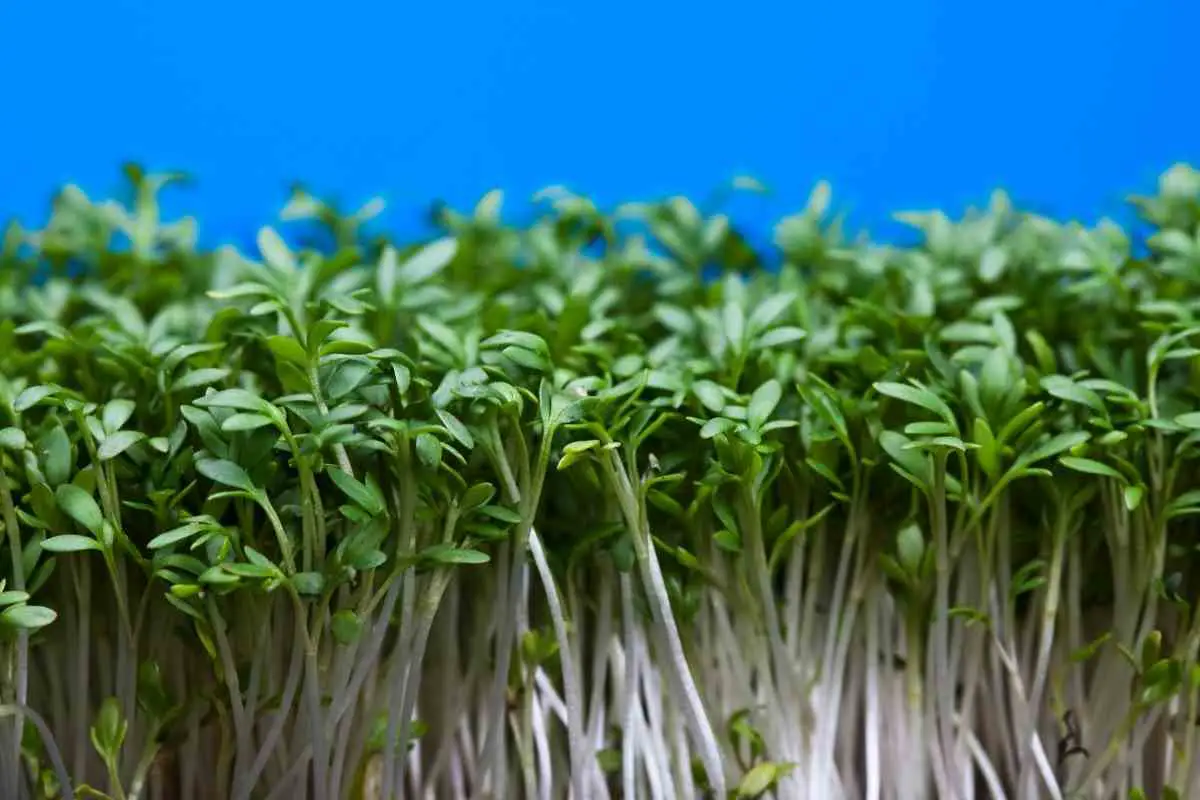
Grower Guide for Watercress Without Soil
What you may not know, is that watercress can be grown without soil! This guide will show you how to grow watercress in a container using just water and organic matter.